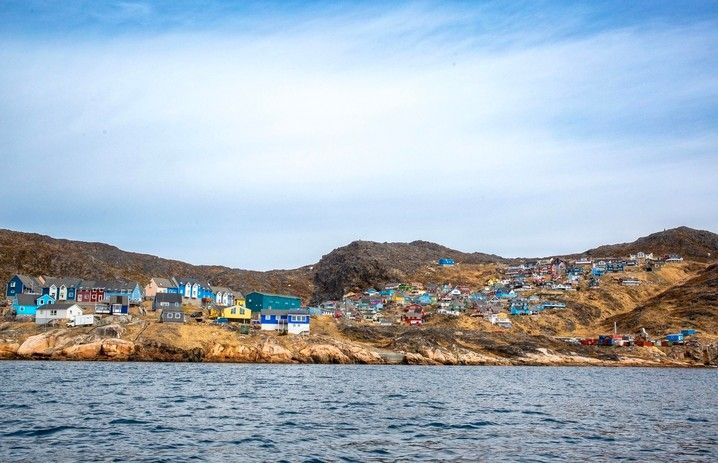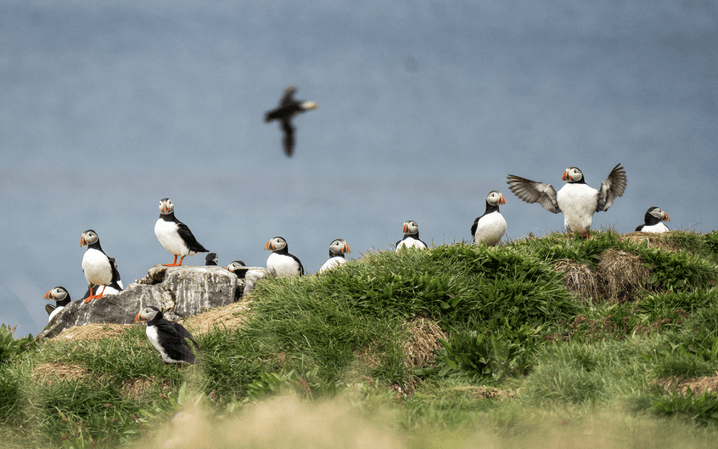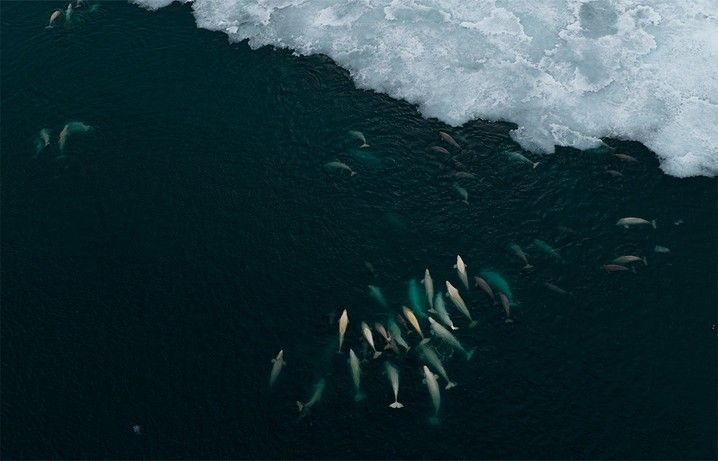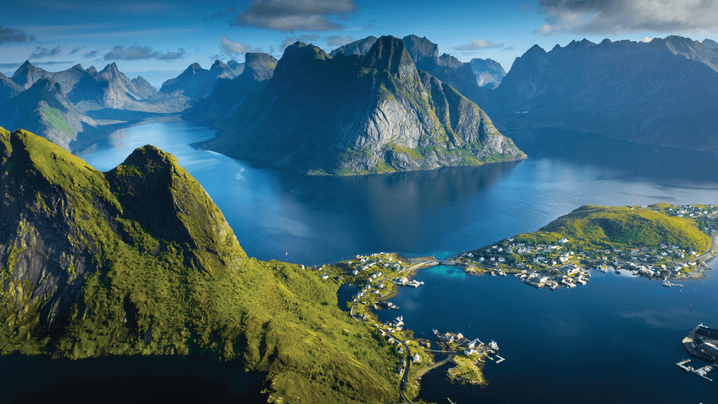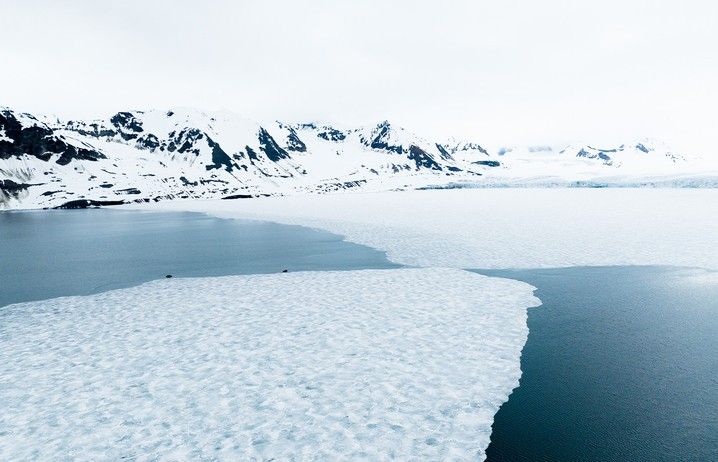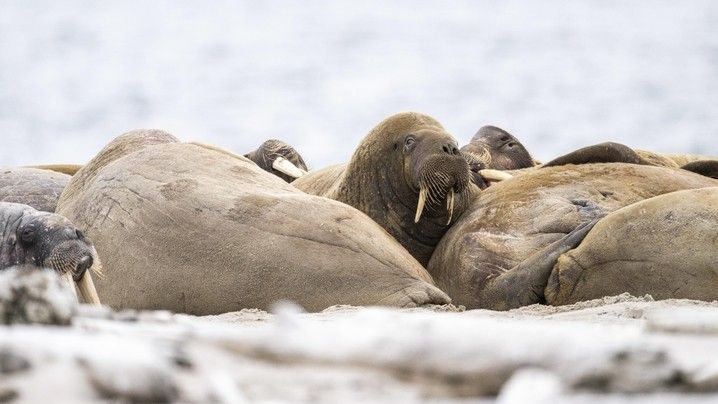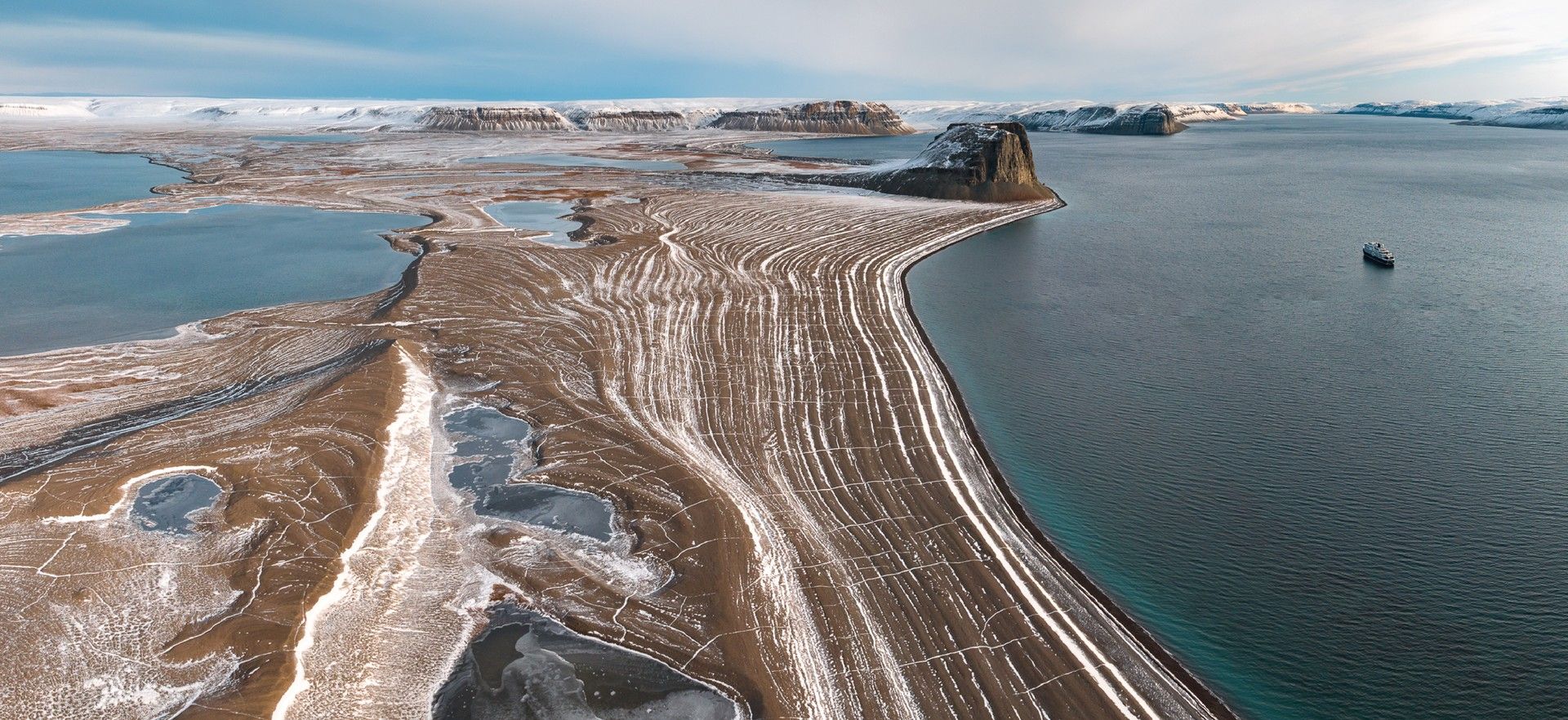
ARCTIC
Journey to the top of the world on the trip of a lifetime…
What Awaits You
Exploring the northernmost part of Earth with Swan Hellenic really is an experience like no other. Your voyage will take you to off-the-beaten-path places, reveal stunning sights few have ever seen, and open your heart to a magical land full of almost overwhelming beauty. Your adventures here will create everlasting memories you’ll treasure forever.
Cruise to the top of the world
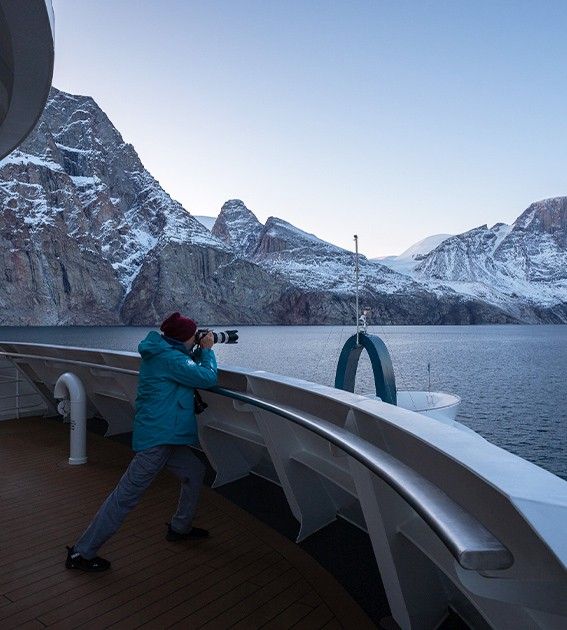
Sail to the Arctic on a Swan Hellenic expedition cruise, and you’ll be joining some of history’s most adventurous souls. Imagine standing in a vast, untouched landscape, surrounded by glistening snow and ice. Breathe in fresh, clean air, immersed in a peaceful, icy world of natural beauty, knowing you’re one of the few people who have ever been here.
This snowy wonderland is home to incredible wildlife, breathtaking landscapes, amazing one-of-a-kind experiences, and a rich cultural heritage that’s just waiting to be explored. Whatever adventures you have here, your Arctic expedition cruise will be a spellbinding trip you’ll never forget.

Join the elite few
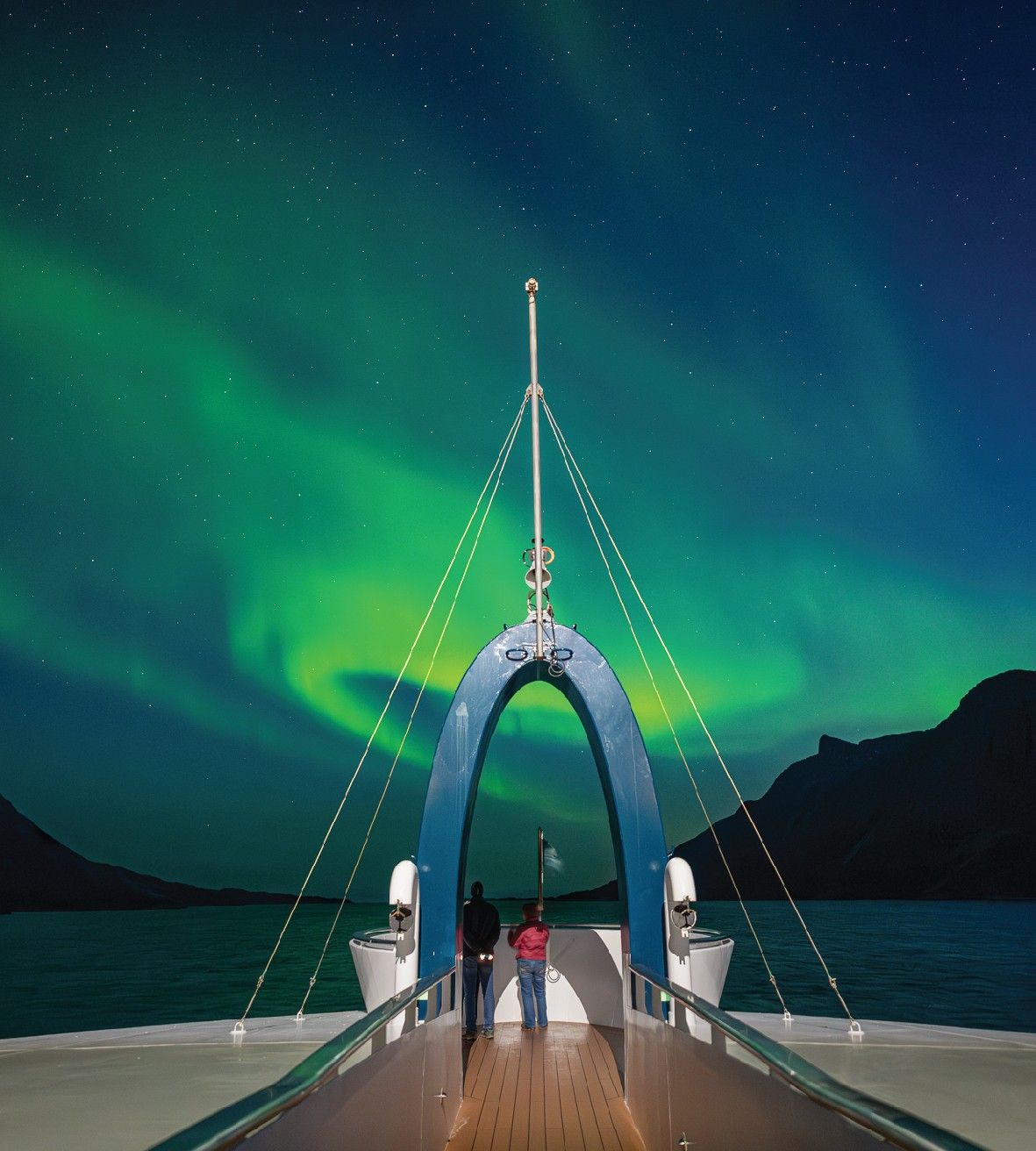

Closer to nature
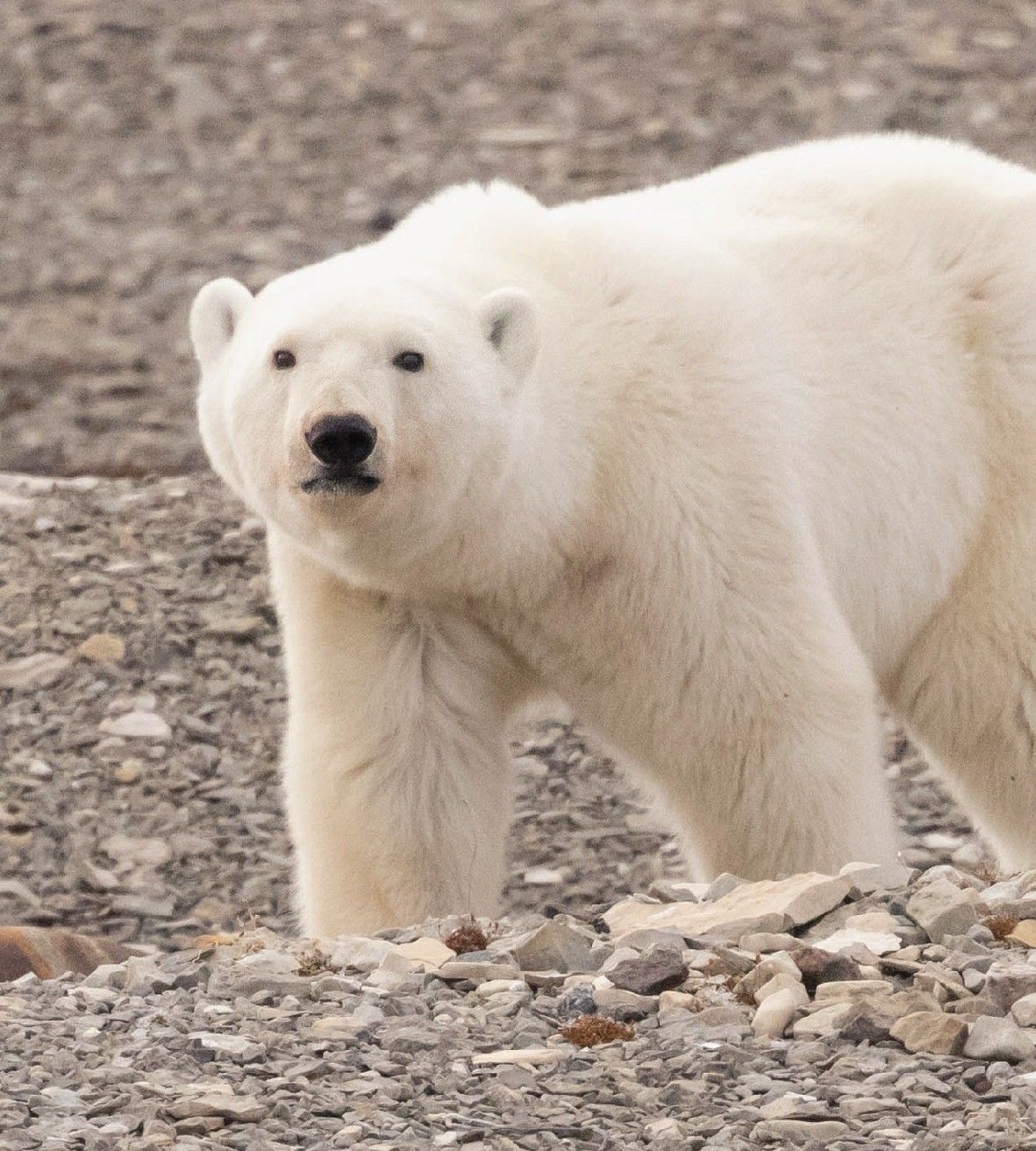
There’s an incredible variety of wildlife in the Arctic. Seeing your first polar bear, wolf, Arctic fox, or reindeer in the wild is an unforgettable thrill. Plus, there are plenty of wonderful birds to spot, such as puffins, black-legged kittiwakes, purple sandpipers, and many more. There’s extraordinary marine life to watch out for too, including seals, sea lions and walruses. Several species of whale can be found in the Arctic, including bowhead, beluga and narwhals. Seeing one of these majestic creatures breaching the icy waters is a special experience that will stay with you forever.
Captured with a telephoto lens using a Canon R5: 500mm, f/5.6, 1/2500 sec, ISO 3200.

Adventure ahoy!
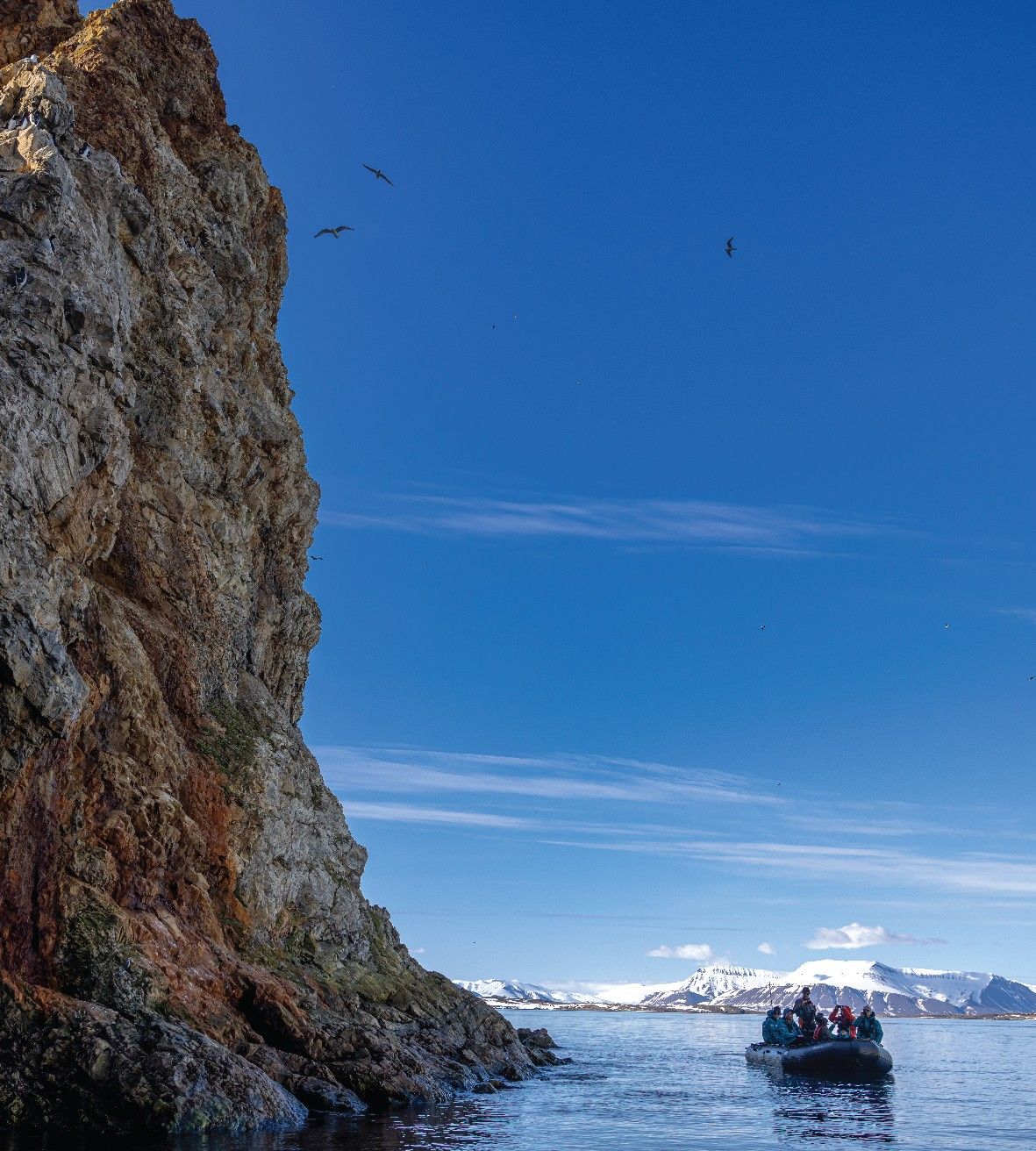
One of the least explored areas on the planet, you’ll never forget the adventures you have in the Arctic. Paddle close to icebergs and discover captivating landscapes from the comfort of a sea kayak. Race across icy water in a Zodiac boat, looking out for whales, sea birds and seals. Head ashore to explore special, remote destinations with expert guides. Or take an exhilarating Polar Plunge, immersing yourself in water that’s around zero degrees Celsius – no wetsuit allowed! The Arctic is a truly magical place to visit, and your time here will stay with you forever.

